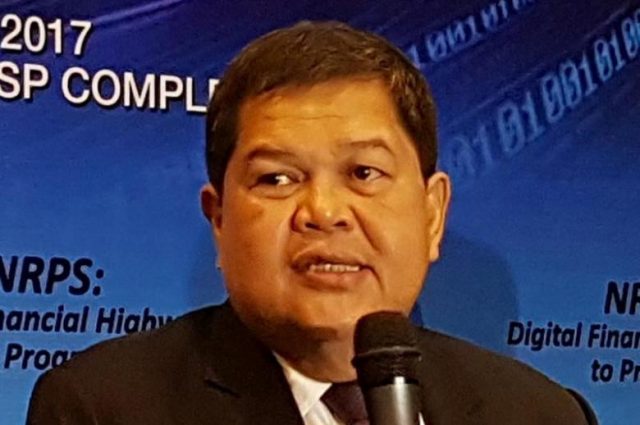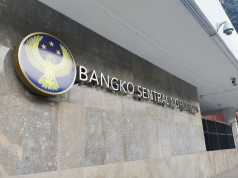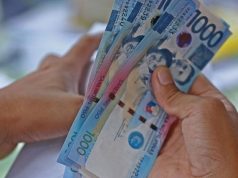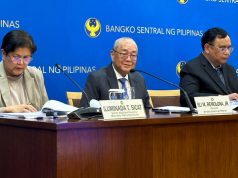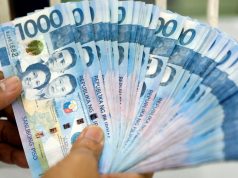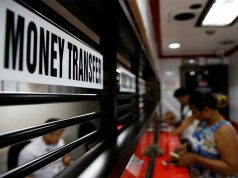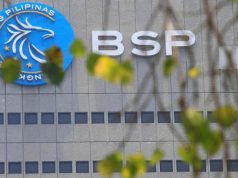MANILA – The central bank will ease foreign exchange rules and allow new financial products in the next six years as it maintains market-oriented policies, incoming Bangko Sentral ng Pilipinas (BSP) Governor Nestor A. Espenilla, Jr. said, assuring policy continuity.
“Under my watch, the BSP will continue to move towards more market-based execution of monetary policy… We will continue to pursue capital market reforms to provide a viable alternative source of financing for long-term investments, including the development of the necessary financial market infrastructures,” Espenilla said in his speech at a testimonial dinner hosted by the Bankers Association of the Philippines.
Espenilla, 58, will assume the top BSP post on July 3 after incumbent Gov. Amando M. Tetangco, Jr. ends a 12-year run at the helm of the central bank.
Espenilla, who is currently deputy governor for the BSP’s Supervision and Examination Sector, assured the banking community of sustained reforms to build on a “legacy of excellence” under Tetangco’s leadership. The incoming central bank chief said he will maintain the interest rate corridor system — which was adopted in June last year — amid a continuing review of current monetary tools to ensure an efficient, “market-oriented” conduct of policy rate-setting. The central bank migrated to the corridor scheme last year, with the weekly auction of term deposits as its main monetary tool to “reduce the volatilities” in market rates and where banks may park idle funds for 2.5-3.5% returns. “With respect to liberalization initiatives, we intend to further liberalize the provision of financial products and services, including our existing rules on foreign exchange transactions, to achieve a more risk-based, transparent and market-determined policy framework,” Espenilla said.
The BSP has successively introduced rules making it easier to transact in foreign currencies. The list includes a higher limit for over-the-counter dollar purchases to $500,000 for individuals and $1 million for companies, as well as raising the amount of cash that travelers can bring in and out of the country to P50,000 from P10,000 previously. Dollars acquired through Philippine lenders may also be kept as dollar deposits or be used to settle person-to-person transactions.
The BSP has also allowed thrift, rural, and cooperative banks to buy and sell foreign currencies.
Espenilla also batted for the industry’s support for the National Retail Payments System (NRPS), as he seeks to migrate transactions to electronic channels to make fund transactions more efficient and inclusive especially for unbanked Filipinos. Launched in 2015, the NRPS was designed to steer financial transactions gradually away from cash- and check-based payments towards electronic fund transfers and e-wallet disbursements.
Shifting to electronic modes of payment from cash-based settlement can spur further economic activity and boost gross domestic product growth by as much as 2-3%, according to the United States Agency for International Development.

